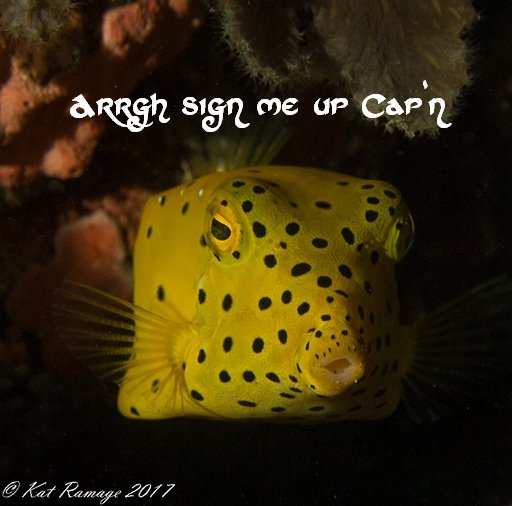Sunscreen Chemicals Dangerous to Corals
I see divers and snorkelers slathering on sunscreen every time I go out on the Sea Rovers’ boats. Since there are only a limited number of dive sites at Menjangan and here in Pemuteran, it really worries me about the impact these chemicals may be having on the reefs. Here are some excerpts from an article from National Geographic and PADI. Click on the links if you want to read them in full.
The sunscreen that you dutifully slather on before a swim on the beach may be protecting your body—but a new study finds that the chemicals are also killing coral reefs worldwide.
Four commonly found sunscreen ingredients can awaken dormant viruses in the symbiotic algae called zooxanthellae that live inside reef-building coral species. Even low levels of sunscreen, at or below the typical amount used by swimmers, could activate the algae viruses and completely bleach coral in just four days, the results showed.
The researchers estimate that 4,000 to 6,000 metric tons of sunscreen wash off swimmers annually in oceans worldwide, and that up to 10 percent of coral reefs are threatened by sunscreen-induced bleaching.
So what’s a diver (or snorkeler) to do?
When it comes to sunscreen, any natural product (organic, biodegradeable etc) is better for the environment then the conventional one. Look for a brand that uses physical sunblocks such as titanium dioxide and zinc oxide instead of chemical ones.
Read the label. A product advertising itself as “reef safe” doesn’t necessarily mean what it says. Always look at ingredient lists to make sure reef-damaging substances (such as oxybenzone, butylparaben, octinoxate and 4-methylbenzylidine camphor, all of which have been shown to cause coral bleaching even at low levels) aren’t included.
Apply sunscreen at least 10-15 minutes before going in the water so that the lotion absorbs into your skin.
Now that you’re ready to make the switch to coral reef safe sunscreen (and human-safe), consider the 10 options below, all of which have a “1” rating from the EWG, and positive reviews from online consumers. The products below are not officially endorsed by PADI or Project AWARE; however, if you are reading this article in the United States and make a purchase by clicking a link below, a portion of your purchase will go to Project AWARE via the Amazon Associates program.
- Aubrey Organics Natural Sun Sunscreen, Sensitive Skin/Children, SPF 30+
- Badger Sunscreen Cream, Unscented, SPF 30
- UV Natural Sport Lip Sunscreen, SPF 30+
- Badger Broad Spectrum Sport Facestick, SPF 35
- ECO logical All Natural Sunscreen, SPF 30+
- Elemental Herbs Sport Sunscreen, SPF 30+
- Green Screen D Organic Sunscreen, Original, SPF 35
- BurnOut Ocean Tested Physical Sunscreen, SPF 30
- Raw Elements USA Eco FormulaSPF 30
- All Terrain KidSport SPF30*
I wear a thin wetsuit or dive skin whenever I’m on the boat (I do have a noticeable tan line that starts at my wrists; I could wear my gloves if it becomes too unsightly). I try to sit in the shade, and if I can’t, I use a towel over my head to shield my face from the sun. A broad-brimmed hat would also protect your face.
Some of the world’s problems seem so big that there’s nothing we can do; consider making this small change to do your bit to protect our precious coral reefs.


